50 Spiritual Classics
First published by
Nicholas Brealey Publishing in 2005
35 Spafield Street | 100 City Hall Plaza, Suite 501 |
Clerkenwell, London | Boston |
EC1R 4QB, UK | MA 02108, USA |
Tel: +44 (0)20 7239 0360 | Tel: (888) BREALEY |
Fax: + 44 (0)20 7239 0370 | Fax: (617) 523 3708 |
http://www.nbrealey-books.com
http://www.butler-bowdon.com
Tom Butler-Bowdon 2005
The right of Tom Butler-Bowdon to be identified as the author of this
work has been asserted in accordance with the Copyright, Designs and
Patents Act 1988.
ISBN 1-85788-349-7
British Library Cataloguing in Publication Data
A catalogue record for this book is available from the British Library.
All rights reserved. No part of this publication may be reproduced, stored in a retrieval system, or transmitted, in any form or by any means, electronic, mechanical, photocopying, recording and/or otherwise without the prior written permission of the publishers. This book may not be lent, resold, hired out or otherwise disposed of by way of trade in any form, binding or cover other than that in which it is published, without the prior consent of the publishers.
Printed in Finland by WS Bookwell.
50 Spiritual Classics
Timeless wisdom from
50 great books of
inner discovery, enlightenment, and purpose
Tom Butler-Bowdon


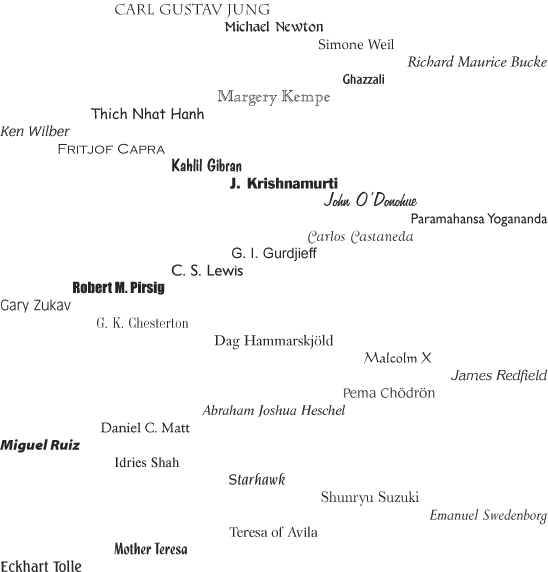
Contents
Introduction
50 Spiritual Classics is the third work in a personal development trilogy that began with 50 Self-Help Classics. That first book explored many of the landmarks of the personal development literature, including the original self-help books such as the Bible, Tao Te Ching, the Dhammapada and the Bhagavad-Gita, plus the best of contemporary writings by, for instance, Deepak Chopra, Wayne Dyer, Susan Jeffers, Thomas Moore, and The Dalai Lama. This was followed by 50 Success Classics, which highlighted key titles in the fields of leadership, motivation, and prosperity, and focused more on worldly success.
50 Spiritual Classics is based on the premise that the quest for material security alone does not ultimately satisfy, and that not even emotional security or great knowledge is enough to sustain uswe were built to seek answers to larger questions. The paradox of personal development is that, taken to its logical end, it takes us beyond the self. Meaning is found outside the perimeter of our small concerns.
The word spiritual comes from the Latin word for breathingour most commonplace and natural function. If nothing else, this book aims to dispel the idea that there is anything outlandish about spiritual experience; on the contrary, it is what makes us human.
If you feel an absence of sacred worship or mystery in your life, some of the ideas presented here may provide a key to the greater richness you crave. If you have achieved a level of success but then found that it did not satisfy you, this book may get you thinking about whether or not you have some deeper purpose to fulfill.
50 Spiritual Classics is less about religion or theology than personal spiritual awakening and the expansion of awareness. Consequently, it focuses on the life stories of many well-known spiritual figures, including dramatic conversions or increases in faith, but also the slow discovery of purpose over a lifetime. By finding out what it was that transformed these people, we can begin to understand our own spiritual potential.
There are inevitably many great authors and books that by rights should be included in the list of spiritual classics. However, the list is not meant to be a survey of the worlds religions, only to give an idea of the great variety of spiritual points of view spanning time and place. Some readers will be surprised by the juxtaposition of old or ancient writings next to bestsellers of modern times, but the book is less concerned with when a title was written than with the force of its ideas. The last 20 years have seen a renaissance in popular spiritual writing and the selection aims to give some idea of the prominent titles, even if the jury is still out on whether they will become firm classics, or even whether they are good writing.
At the beginning of each commentary is a mention of other books from the list of a similar nature or connected theme (In a similar vein). As there is some overlap with titles chosen for 50 Self-Help Classics (50SHC), a few of those titles will also be suggested for further reading, as will some from 50 Success Classics (50SC).
The spiritual literature is a treasury of collective wisdom, at least equal to the great libraries of science, philosophy, poetry, or fiction. The commentaries here are only a glimpse into that great heritage, but I hope they will increase your awareness of its breadth and depth.
Below I outline some themes in the literature, as a guide to the commentaries you may wish to read. This is followed by a brief exposition of some of the key spiritual realizations that these books can provoke.
Great spiritual lives
Muhammad Asad The Road to Mecca (1954)
St. Augustine Confessions (400)
G. K. Chesterton St Francis of Assisi (1922)
Ram Dass Be Here Now (1971)
Hermann Hesse Siddartha (1922)
Margery Kempe The Book of Margery Kempe (1436)
Malcolm X The Autobiography of Malcolm X (1964)
W. Somerset Maugham The Razors Edge (1944)
What is the purpose of spirituality if not to transform our lives? Consider the following examples:
 Malcolm X was a petty criminal whose religious conversion turned him into a voice for black empowerment.
Malcolm X was a petty criminal whose religious conversion turned him into a voice for black empowerment.
 Muhammad Asad grew up a Viennese Jew but left Europe behind to become a champion of Islam.
Muhammad Asad grew up a Viennese Jew but left Europe behind to become a champion of Islam.
 St. Augustine lived for cheap entertainments and sex, but after great soul searching became a father of the Catholic church.
St. Augustine lived for cheap entertainments and sex, but after great soul searching became a father of the Catholic church.
 Richard Alpert, professor of psychology, gave up his Harvard career to become Ram Dass, master meditator and guru.
Richard Alpert, professor of psychology, gave up his Harvard career to become Ram Dass, master meditator and guru.
 Francis of Assisi was the son of a well-off businessman who threw away his inheritance in order to restore ruined churches and commune with nature.
Francis of Assisi was the son of a well-off businessman who threw away his inheritance in order to restore ruined churches and commune with nature.
 Margery Kempe was a prideful harridan whose visions of Jesus made her into a woman of God.
Margery Kempe was a prideful harridan whose visions of Jesus made her into a woman of God.
 In Somerset Maughams novel based on fact, Larry Darrell turns his back on material comforts in favor of a life-long spiritual search.
In Somerset Maughams novel based on fact, Larry Darrell turns his back on material comforts in favor of a life-long spiritual search.
Next page

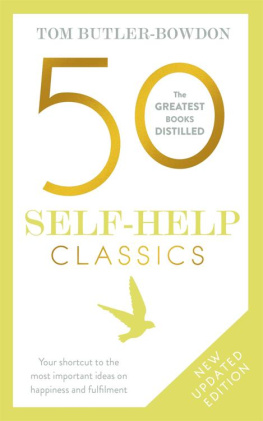
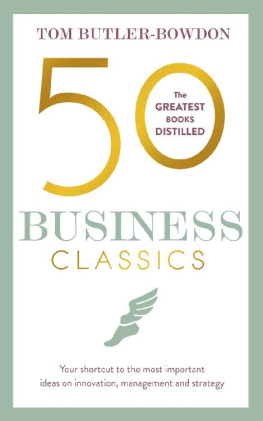
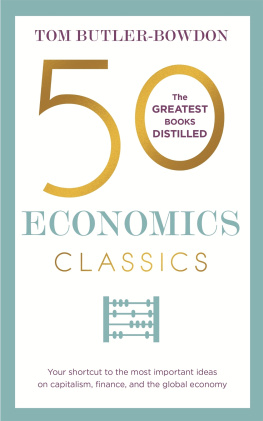
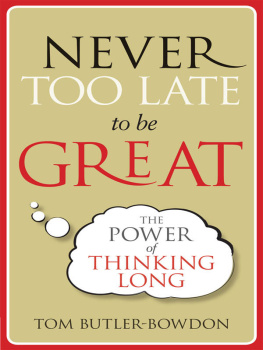
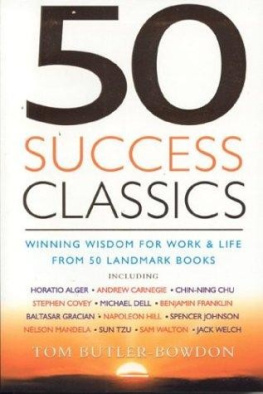
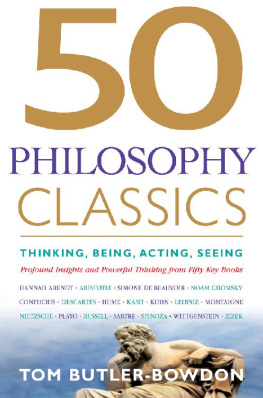
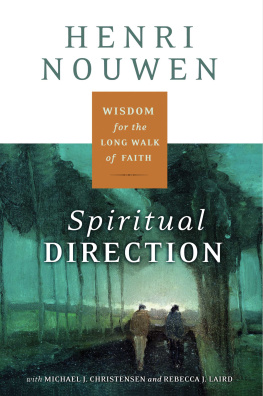

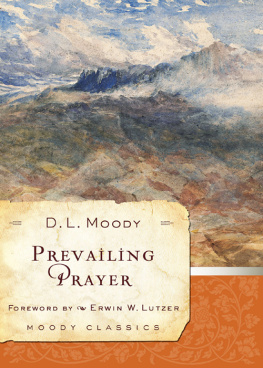
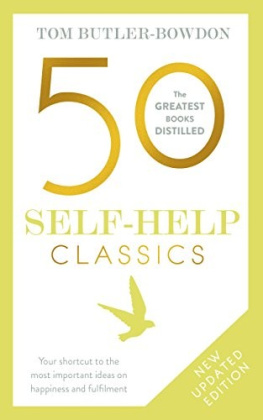




 Malcolm X was a petty criminal whose religious conversion turned him into a voice for black empowerment.
Malcolm X was a petty criminal whose religious conversion turned him into a voice for black empowerment.